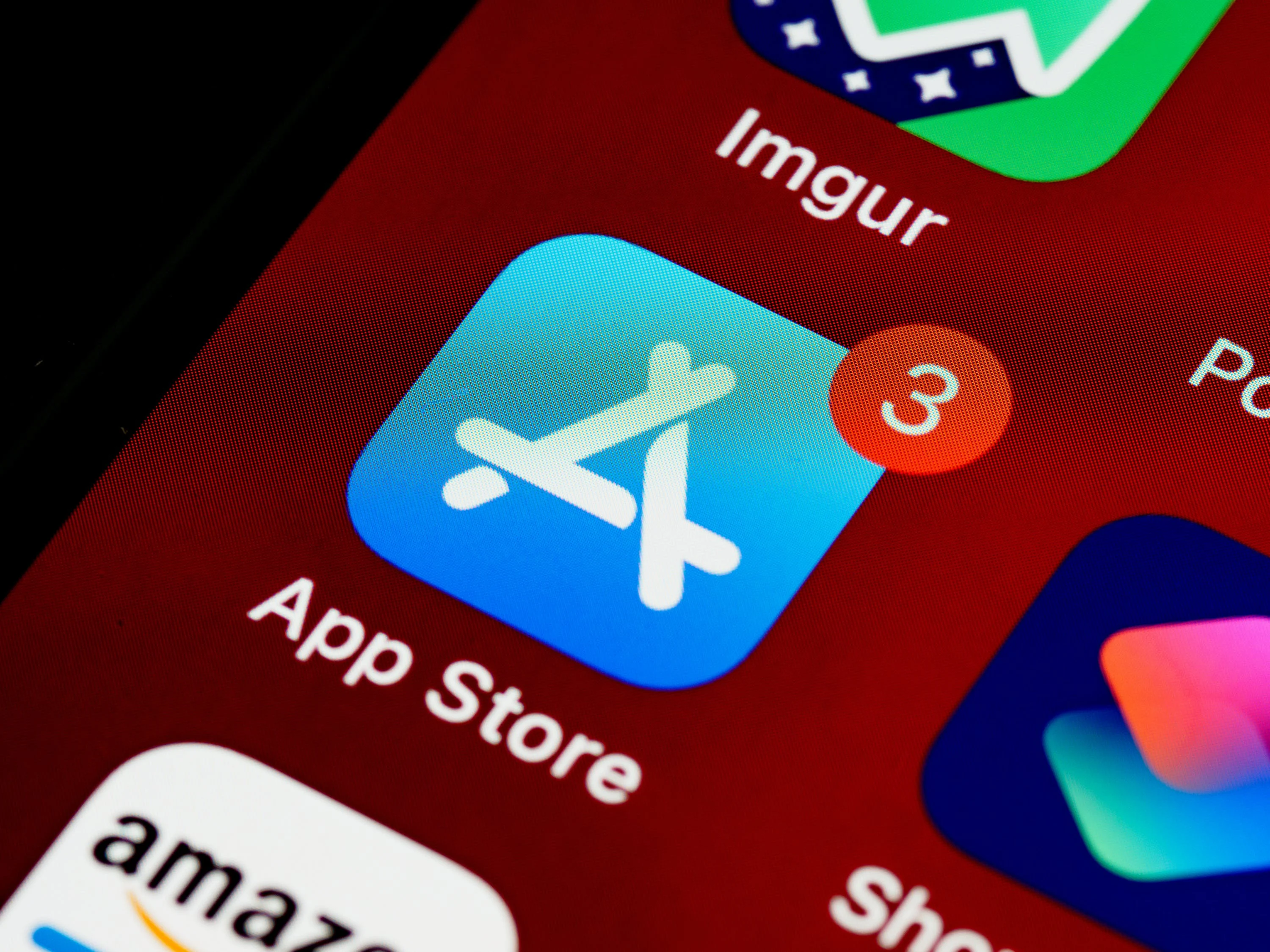Apple is now introducing unlisted applications to the App Store, allowing specific groups of people to access specific applications.
Apple is a company that is incredibly security conscious and cares an immense amount about user privacy and personal safety. It certainly cares for these concepts much more than nearly any other competitor in the tech world nowadays, with many actively siphoning user data off of their consumers in the name of profit or necessity. Apple, however, is proof that tech companies could easily turn a profit without stealing data from users, who are absolutely not making any bank off of their location data and browser history being siphoned off by the wrong application. Apps can be potentially dangerous since, if granted permission, they can cause the most amount of direct damage to a user’s device. Let alone data stealing, apps can carry viruses and malware that can be incredibly damaging across the board.
So, how does Apple deal with such apps making it onto the App Store? First of all, the company implements very strict rules and regulations for apps being accepted onto the platform, thus severely limiting the playing field for suspicious content. Second, and much more important, is the implementation of Tracking/Transparency since iOS 14. Suddenly, app developers across the App Store are being asked (or forced) to stop taking any and all sort of user data without explicit consent being provided. Apps won’t be allowed on-board until they disclose exactly what sort of content they’re looking for, and they also make is so that the app can run without permission being granted. Now, the playing field is a bit safer.
Safe enough even that Apple seems completely comfortable with the addition of unlisted apps. Unlisted apps, due to their secretive nature, can often be used for nefarious purposes online and can cause damage if they end up in the wrong hands. However, they’re more broadly used by specific schools and colleges, events, or even organizations in the interest of some shared goal that requires app usage. The unlisted nature of such apps means that casual users won’t run into them unless they search the exact keywords and voila! Here is the app for personal use, and we hope you have a good day with it.
Read next: Apple Retains Most Valuable Brand Title For Second Consecutive Year, TikTok Named Fastest Grower
Apple is a company that is incredibly security conscious and cares an immense amount about user privacy and personal safety. It certainly cares for these concepts much more than nearly any other competitor in the tech world nowadays, with many actively siphoning user data off of their consumers in the name of profit or necessity. Apple, however, is proof that tech companies could easily turn a profit without stealing data from users, who are absolutely not making any bank off of their location data and browser history being siphoned off by the wrong application. Apps can be potentially dangerous since, if granted permission, they can cause the most amount of direct damage to a user’s device. Let alone data stealing, apps can carry viruses and malware that can be incredibly damaging across the board.
So, how does Apple deal with such apps making it onto the App Store? First of all, the company implements very strict rules and regulations for apps being accepted onto the platform, thus severely limiting the playing field for suspicious content. Second, and much more important, is the implementation of Tracking/Transparency since iOS 14. Suddenly, app developers across the App Store are being asked (or forced) to stop taking any and all sort of user data without explicit consent being provided. Apps won’t be allowed on-board until they disclose exactly what sort of content they’re looking for, and they also make is so that the app can run without permission being granted. Now, the playing field is a bit safer.
Safe enough even that Apple seems completely comfortable with the addition of unlisted apps. Unlisted apps, due to their secretive nature, can often be used for nefarious purposes online and can cause damage if they end up in the wrong hands. However, they’re more broadly used by specific schools and colleges, events, or even organizations in the interest of some shared goal that requires app usage. The unlisted nature of such apps means that casual users won’t run into them unless they search the exact keywords and voila! Here is the app for personal use, and we hope you have a good day with it.
Read next: Apple Retains Most Valuable Brand Title For Second Consecutive Year, TikTok Named Fastest Grower

